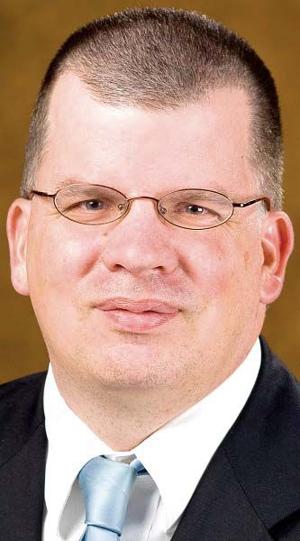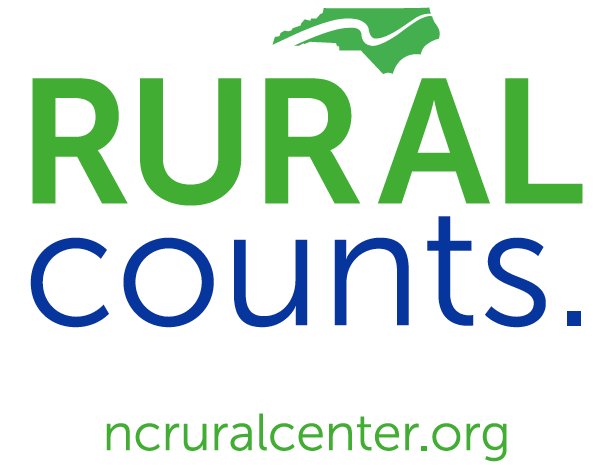Written by published on NC State’s CALS News.
The North Carolina Plant Sciences Initiative isn’t all roots and stems.
It’s genetics. It’s robotics. It’s big data.
And with this week’s announcement of a newly hired launch director, it’s about to get rolling — in a big way.
We can make a mark on agriculture for generations to come.
Entomologist, agricultural biotechnology business professional and commodity leader Stephen Briggs is now signed on to make this one-of-a-kind plant sciences research enterprise, housed in the College of Agriculture and Life Sciences at NC State University, a reality.
“I believe in our stakeholders’ vision that this can be the Silicon Valley of agriculture for the world,” Briggs said. “We can make a mark on agriculture for generations to come.”
Briggs steps in at a critical time for the interdisciplinary, multi-partner initiative. In less than three years, the NC PSI has transitioned from a “big idea” to a highly anticipated center for plant sciences innovation. With the broad support of North Carolina’s agricultural community, the initiative will break ground on its state-of-the-art facility in 2019, with doors opening in fall 2021.


 This Saturday, November 19 at Carter-Finley Stadium, the Wolfpack not only play host to the Miami Hurricanes, but we will also be celebrating our 4th annual Ag Day, a time to recognize the many contributions that agriculture and our farmers make to our state. Agriculture built North Carolina, and people around the world depend on what’s raised and grown right here at home.
This Saturday, November 19 at Carter-Finley Stadium, the Wolfpack not only play host to the Miami Hurricanes, but we will also be celebrating our 4th annual Ag Day, a time to recognize the many contributions that agriculture and our farmers make to our state. Agriculture built North Carolina, and people around the world depend on what’s raised and grown right here at home.

.jpg) Nearly everywhere I go, it seems the conversation always includes concerns about student access or acceptance to a 4-year undergraduate degree – especially for kids from rural and farming communities. We hear this message loud and clear, and I want to let you know our college is fully committed to helping all qualified students find their path to CALS.
Nearly everywhere I go, it seems the conversation always includes concerns about student access or acceptance to a 4-year undergraduate degree – especially for kids from rural and farming communities. We hear this message loud and clear, and I want to let you know our college is fully committed to helping all qualified students find their path to CALS.
